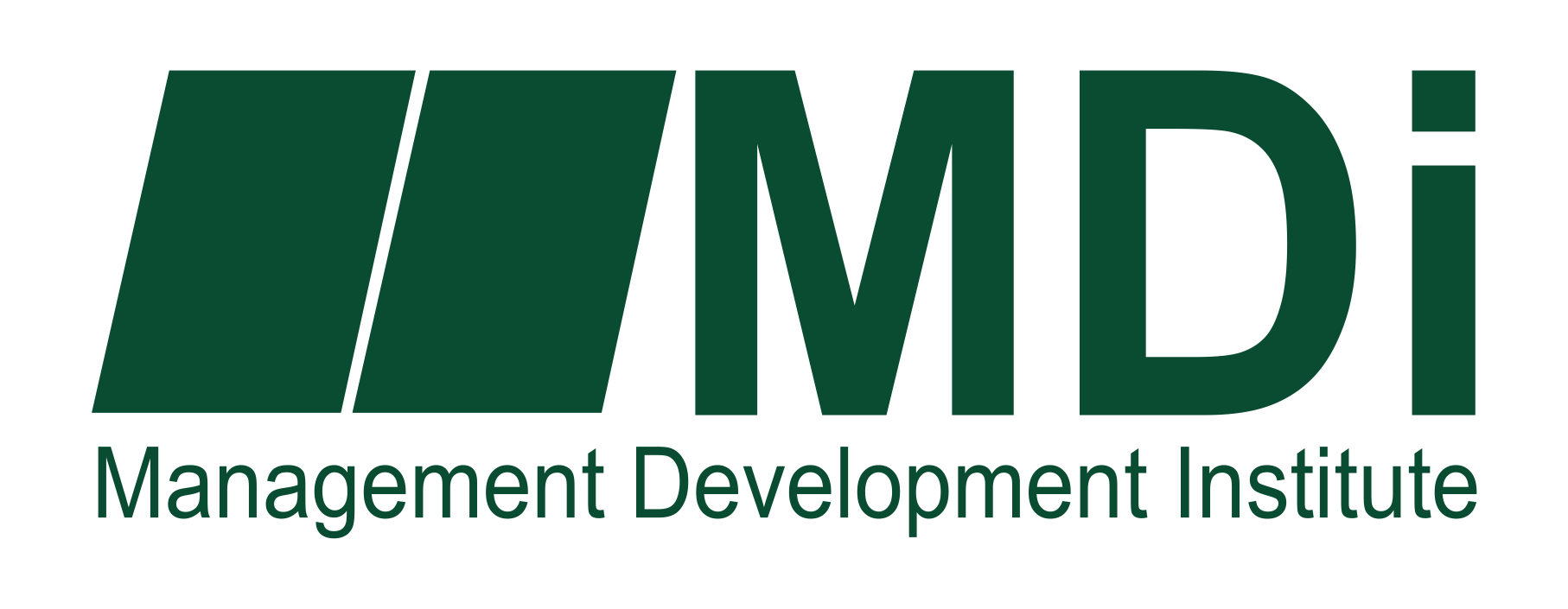Stress can be defined as emotional strain or state of mental tension as a result of demanding or adverse circumstances. Stress affects individuals from all walks of life, although some types of stress are actually motivating, too much stress can critically affect your physical, emotional and mental well-being. Stress management is taking charge of your emotions, schedule, environment, thoughts, and how you deal with your problems.
Duration:
1 day
For Whom:
Professionals who experience difficulty in managing stress at workplace or in their professional or/and personal life.
- An understanding of stress, stress cycle and key types of stresses
- How to recognize the symptoms and signs of stress and their long-term effects
- The costs and impact of stress on the organization and why it is important to tackle it
- Recognition that as staff and managers we bear a responsibility for the well-being of ourselves and of staff
- Understanding resilience
- Understanding compassion fatigue
- Review the current stress management strategies
- Have practical ideas, skills and a plan for dealing with stress in the workplace
- Learn what lifestyle elements can be changed to reduce stress
- Learn environmental & physical relaxation techniques
- Responding to stressful application by using different effective techniques
- How to adapt positive attitude
Benefits
- Increase your overall productivity.
- A happier life.
- Reduce stress-related expenses.
- Think creatively.
- Improve your health.
- Know how to apply different stress management strategies that can help you to overcome stress.
- Comprehend the effects of stress that is improperly managed on an individual, family, and its impact on productivity.
- Design solutions to one’s response patterns to stress that make it more compatible with your personal goals.
- Acquire the critical skills of a good manager of stress and come up with an action plan








